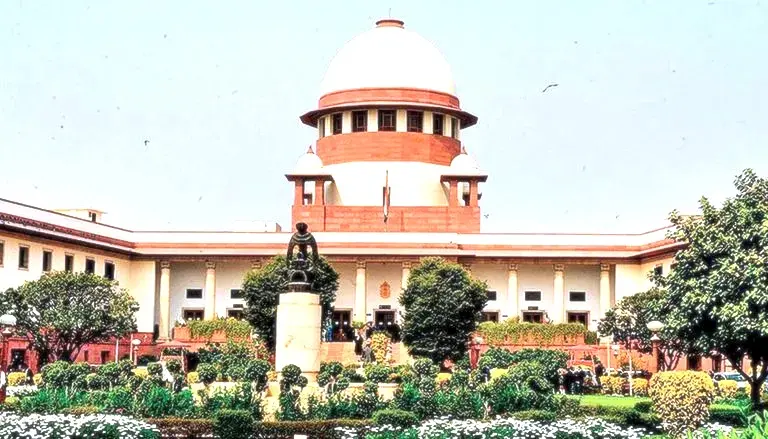In the rapidly changing socio-political landscape of India, the judicial system often finds itself at crossroads, especially when addressing complex and sensitive issues such as rape and pregnancy Abortion. A recent series of events surrounding a rape survivor’s plea for pregnancy abortion sheds light on the intricacies and implications of legal delays.
1. The Emergence of the Case
A 25-year-old rape survivor’s plea has taken center stage in Indian legal discourse. Initially, she approached the Gujarat High Court on August 7, seeking permission to terminate her 26-week pregnancy. The court responded by setting up a medical board to evaluate the health status of the petitioner and the fetus.
2. Delays and Implications
Despite the urgency of the situation, the Gujarat High Court’s approach appeared to lack a timely response. With adjournments and significant gaps between hearings, the apex Supreme Court eventually stepped in, expressing their opposition to the way the High Court handled the matter.
– Every Second Counts
Today August 19, highlighting the importance of urgency in such cases, the Supreme Court criticized the Gujarat High Court for its ‘lackadaisical’ attitude. They noted the significant time gaps between hearings and the mysterious absence of reasons for the petition’s rejection on the court’s website.
3. The Medical Abortion of Pregnancy Act
One cannot discuss this case without referencing the Medical Termination of Pregnancy (MTP) Act. It sets an upper limit of 24 weeks for pregnancy bortion for married women and specific vulnerable groups, including rape survivors and minors. In the context of this particular case, the rape survivor is nearing the 28th week of her pregnancy, which raises concerns about her rights and the health implications of any delays.
While the current case is alarming, it isn’t isolated. There is an increasing need to address legal inefficiencies, especially concerning sensitive matters. The precedent set by this case will have significant ramifications for similar cases in the future.
– A Question of Rights and Health
The rights of a rape survivor and the unborn child are both paramount. The delays not only hinder the survivor’s plea but could also have potential health implications.
Conclusion
The case of the 25-year-old rape survivor serves as a lens through which we can scrutinize the intricacies and inefficiencies of the legal system in dealing with sensitive issues. It highlights the urgent need for reforms, timely responses, and a keen understanding of the laws that govern such matters.
Author’s View: Legal proceedings require meticulous attention and sensitivity, especially when they intersect with human rights and health. The recent case showcases the challenges and potential repercussions of delays in such scenarios.
Update on : On August 21, the Supreme Court remarked that while pregnancy after marriage is celebrated in India, an unintended pregnancy, especially after a rape, can be traumatic. The court acknowledged the physical and emotional toll on the victim. The Supreme Court stated that if a woman becomes pregnant due to assault, it revives painful memories. Based on medical advice, the court allows such victims to have abortions and instructed the affected woman to visit the hospital for the procedure.”




